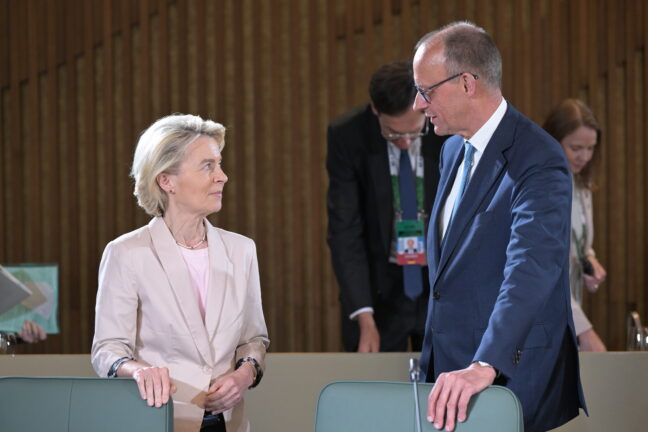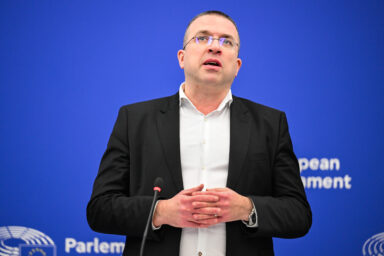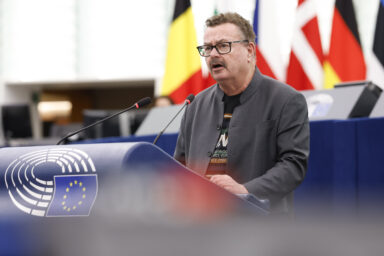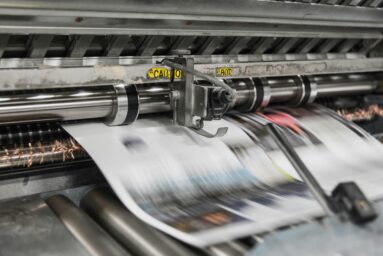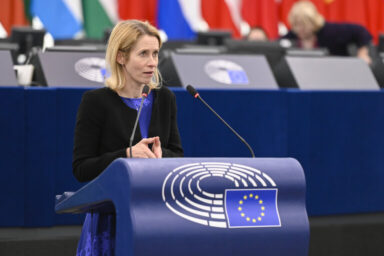European Commission President Ursula von der Leyen announced on Sunday that the EU will suspend trade countermeasures against the US until 1 August, following Donald Trump’s threat a day earlier to impose 30 per cent tariffs on the bloc.
The Commission President made it clear on 13 June that she intended to use all available avenues to avoid a large-scale trade conflict with Washington. “We will (..) extend the suspension of our countermeasures till early August. At the same time, we will continue to prepare further countermeasures so we are always ready,” she said.
The EU had paused €21bn in retaliatory tariffs—originally a response to Trump’s steel and aluminium duties—to allow negotiations. These were to resume on Tuesday. A second tranche of €72bn remains ready. “We have as you know a two-track approach. We have always been clear that we prefer a negotiated solution. This remains the case,” Ms von der Leyen added.
Cars and farms
Mr Trump’s Saturday letter blindsided Brussels, warning of 30 per cent tariffs unless better terms emerge by August. EU ambassadors scrambled to meet on Sunday. The bloc’s anti-coercion instrument for “extraordinary situations”, will not kick in yet. “The ACI is to deal with extraordinary situations. We are not there yet,” said Ms von der Leyen.
Germany’s Chancellor, Friedrich Merz, warned that 30 per cent tariffs would strike his country’s industry “to the core”. He stressed unity and dialogue with Washington: “That requires two things: unity in the European Union and good lines of communication with the American president.”
You might be interested
The ACI is created for extraordinary situations. We are not there yet. – Ursula von der Leyen, EC President
Cars and farm tariffs remain sticking points. The EU seeks a 10 per cent ceiling on agricultural duties but rejects a carmaker-proposed offset mechanism, fearing production shifts to America. Talks now focus on auto tariffs, say unnamed officials.
French President Emmanuel Macron recently urged Brussels to toughen its stance, signalling a possible departure from Mr Merz’s more conciliatory approach. How closely connected would the difference be to the fact that Germany stands to suffer much more than France if Mr Trump’s announced tariffs hold, is anybody’s guess.
Yet the EU’s immediate priority is averting escalation. As Ms von der Leyen noted: “We are not there yet.”
